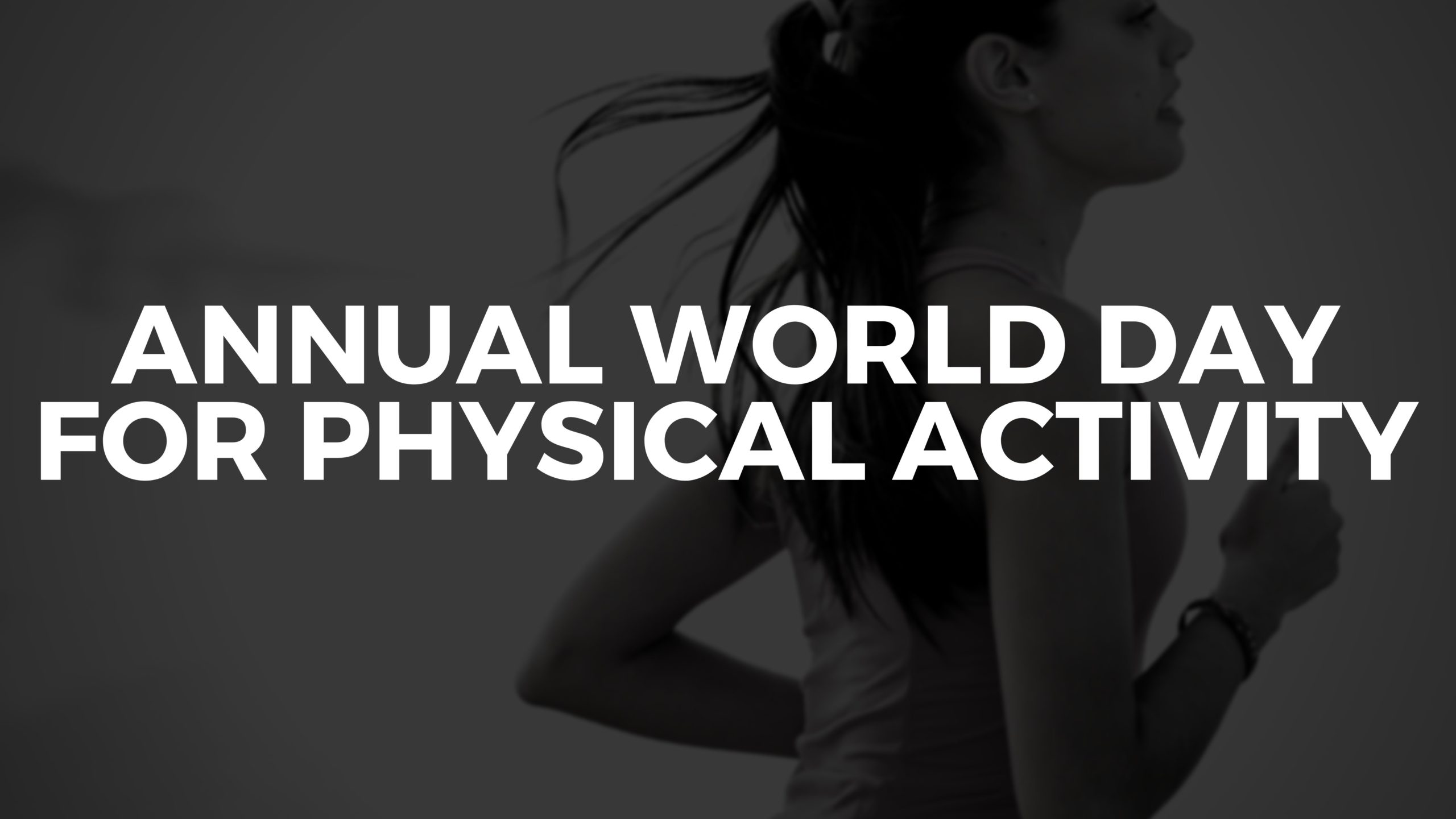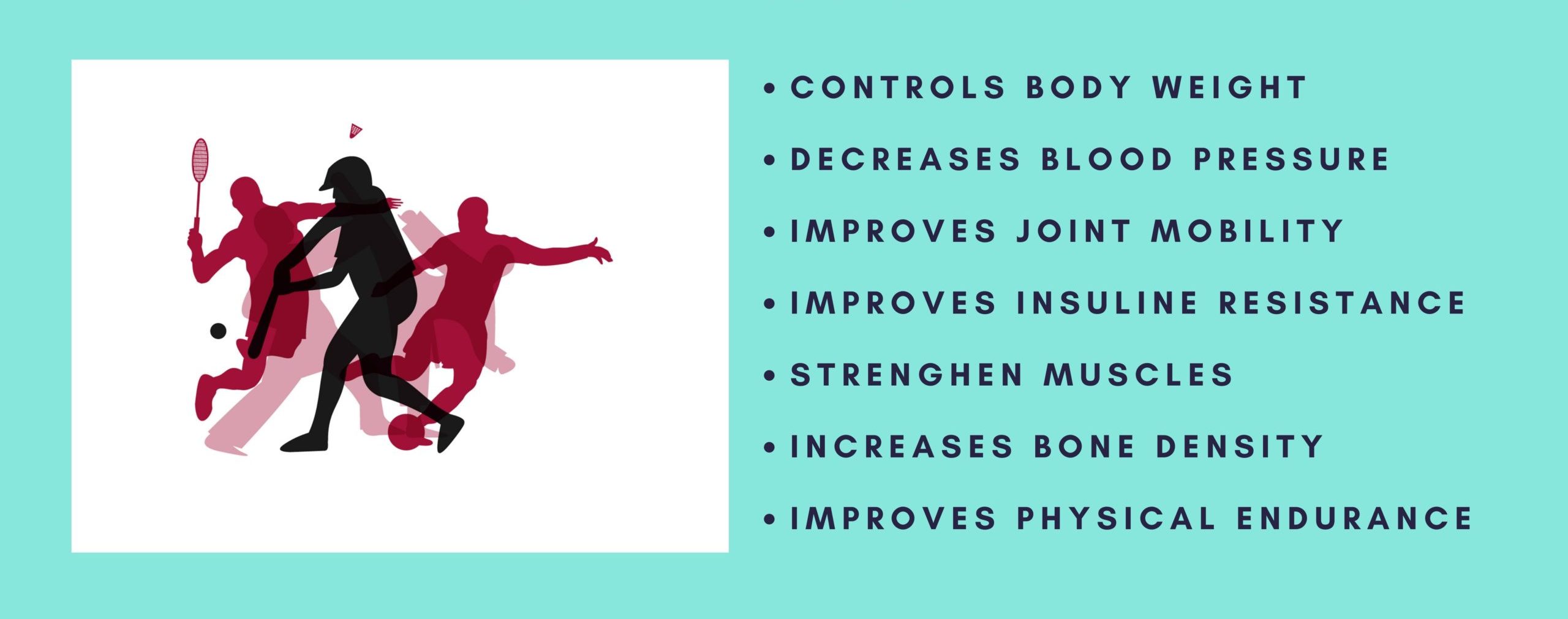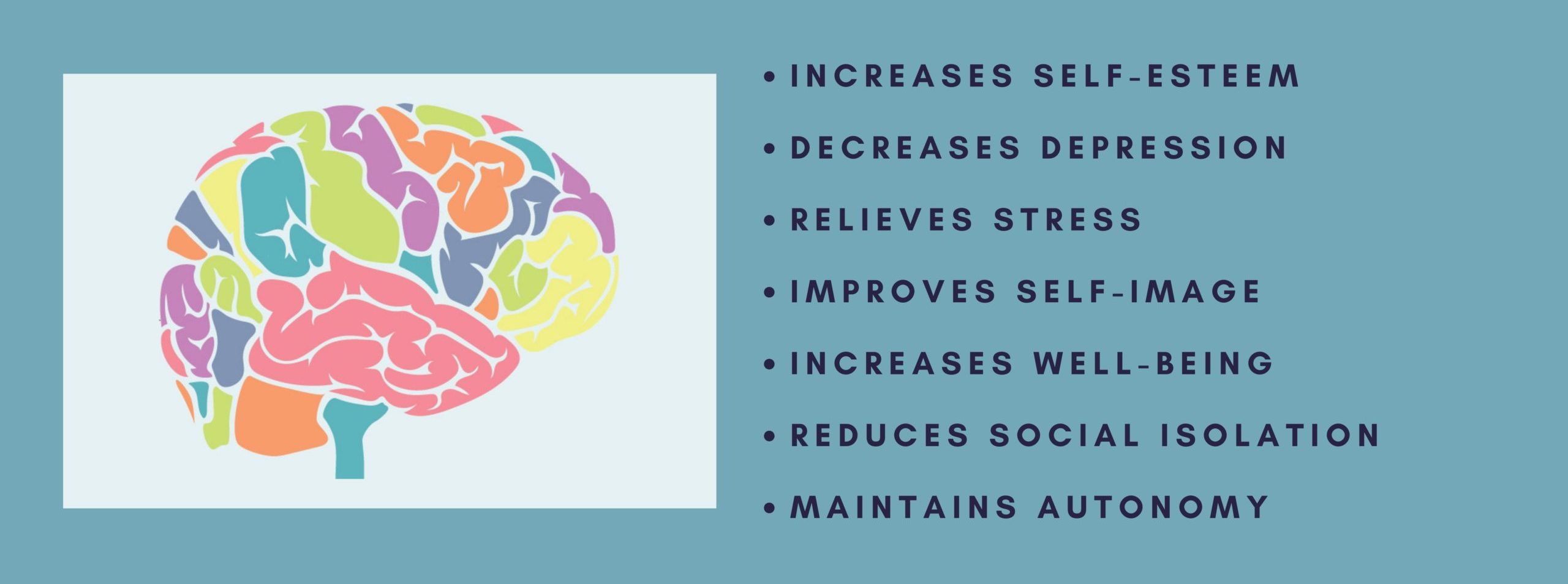
World Day Of Physical Activity
The World Physical Activity Day is celebrated every year on 6th April. In MedVisit we believe in the importance of practicing sport regularly, not just because we know it is beneficial for our physical health, but because it is also good both psychologically and socially, among many other benefits, which affect both kids and adults. If you don’t know much about this day and its importance, what are you waiting for?
Keep reading!
Events World Day Of Physical Activity
Since 2002 the World Health Organization by an official resolution “urges Member States to celebrate a ‘Move for Health’ day each year to promote physical activity as essential for health and well being”. To celebrate you can organize sports events or just add physical activity into our daily activities. Any proposals, such as dancing, cycling or walking at a good pace, serve to improve our health.
Every year different events are organized between the 3rd and the 21st April in many countries of the globe. The main goal of all this activities is to concern people about the importance of doing sport and to transmit the idea of practicing sport daily.
Agita Sao Paulo
The proposal of the WHO initiative comes from a previous and successful one organized by Agita Sao Paulo in Brazil and AgitaMundo network that manages, year after year, bringing together around 2,500 participants 5,400,000 events around the world.
This program was created to fight against sedentarism in Sao Paulo and promote the benefits of physical activity.
Why should you do 30 minutes of sport every day?
Physical benefits
Many studies confirm that physical activity has many benefits for our physical health.

Psychological benefits
Normally, when something affects physically it also has some kind of repercussion mentally. That’s why we encourage people to do sport. Mental illnesses are a global problem in our society and we need to have a global response in order to overcome it. Here you have the psychological benefits of doing sport:

That’s why it is really important to have a World Day Of Physical Activity. We need to keep reminding people about the importance that exercise has on our average health.
Mental illnesses
According to the World Health Organization mental disorders comprise a broad range of problems, with different symptoms. However, they are generally characterized by some combination of abnormal thoughts, emotions, behaviour and relationships with others. Examples are schizophrenia, depression, intellectual disabilities and disorders due to drug abuse. Most of these disorders can be successfully treated.
Mental illnesses are really present in our society. Why? We live in a society that makes us believe ideals that in many cases harm our mental health severely. Studies show that everyone will suffer from stress in certain points of their live. Also, the researcher Aaron Reuben wrote in the Scientific American that almost everyone will develop at least one diagnosable mental disorder during their lifetime, adding: ‘Most of these people will never receive treatment, and their relationships, job performance and life satisfaction will likely suffer. It is estimated that global annual suicide fatalities could rise to 1.5 million by 2020. Mental health issues are more common than you think, and we need to start treating mental illness like any other medical issue that complicates, debilitates, or disrupts life.
Practicing sport is the best way to reduce the risk of suffering a mental illness.
Sport AND mental illnesses
Referring to depression, studies show that exercise can treat mild to moderate depression as effectively as antidepressant medication. This means sport should be considered a good strategy to treat this mental illness. Also, sport is a natural anti-anxiety treatment. Most of you may have noticed that after doing sport, a sense of calm and happiness arises and you feel much more positive and energetic. Meanwhile, stress decreases leaving us more relaxed. It is also widely known that exercising regularly is one of the easiest and most effective ways to reduce the symptoms of Attention Deficit Hyperactivity Disorder and improve concentration, motivation, memory, and mood. Finally, it has been also demonstrated that by doing exercise you can help your nervous system to react and overcome the immobilization that characterizes both Post-Traumatic Stress Disorder and trauma.

